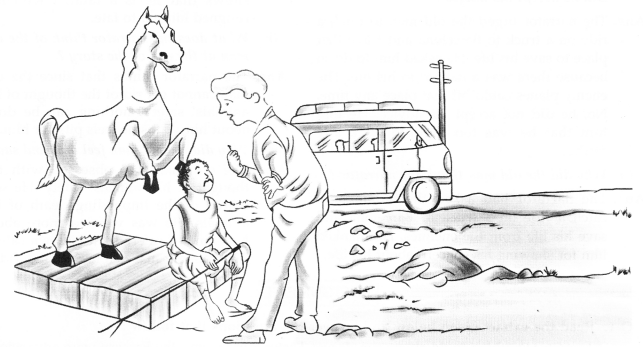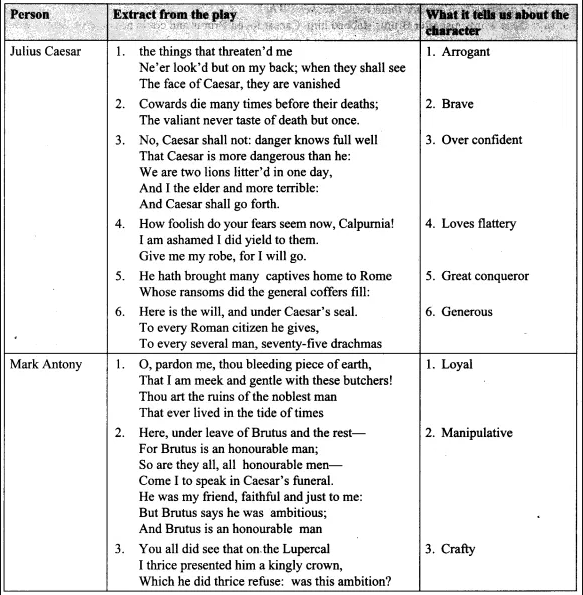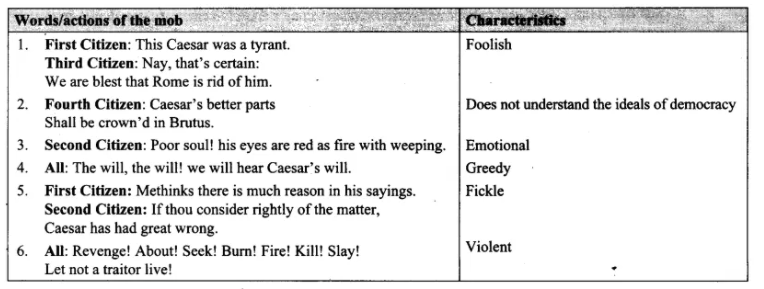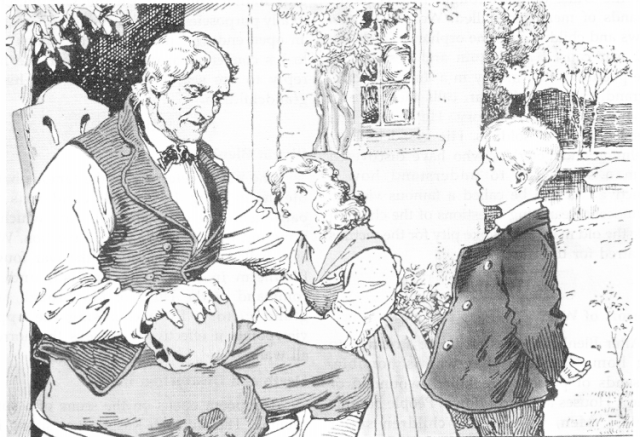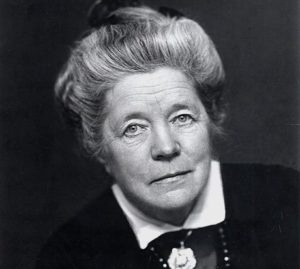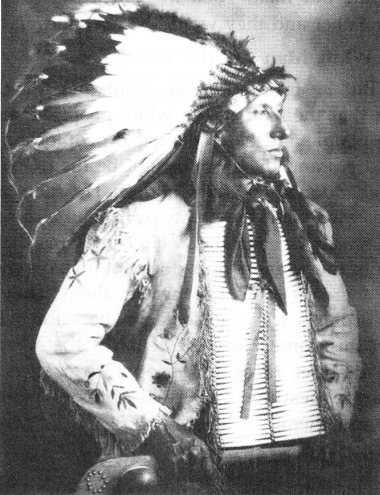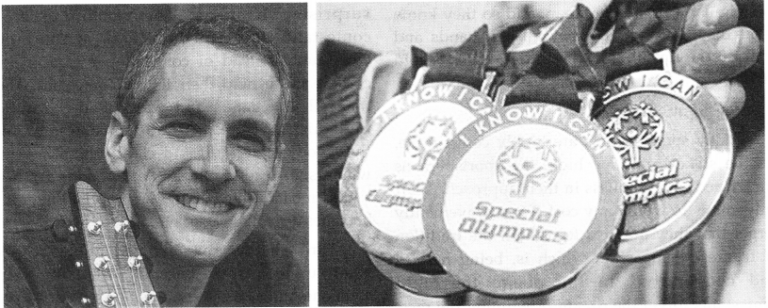We have decided to create the most comprehensive Online Education English Summary that will help students with learning and understanding.
Online Education Reach for the Top Summary Part 1 in English
Reach for the Top Summary Part 1 Introduction to the Chapter
Reach for the Top consists of two biographical pieces—mountaineer Santosh Yadav and Tennis player Maria Sharapova—that depict their persistent endeavours to reach the top. Part I is an inspirational account of the single-minded determination and dedication of an Indian woman mountaineer, Santosh Yadav, who hailed from a small village of Haryana and conquered Mount Everest twice in her life. Her sterling qualities of perseverance, patience, commitment, persistence and strength of purpose make her a role model for others to follow.
Reach for the Top Summary Part 1 in English
Santosh Yadav, the only woman in the world to have scaled Mt. Everest twice, was bom in an affluent landowning family of Joniyawas, a small village of Rewari District, Haryana. Although Santosh was bom in a conservative society, where sons are preferred over the daughters, she was welcomed in the family as she was the sixth child and the only sister to five elder brothers. When her mother was expecting a baby, a holy man visited and blessed her with giving birth to a son. But to everyone’s surprise her grandmother said that she wanted a girl. The girl was bom and was named Santosh which means contentment.
From the beginning, Santosh was a bit of a rebel right and defied conventions. She neither liked to wear traditional dresses nor followed the traditional course of life. Though Santosh attended the local village school for her early education, she decided to fight the system when the right moment arrived. And the right moment came when she turned sixteen. Most of the girls in her village used to get married at sixteen. When Santosh’s parents also put pressure on her to do the same, rather than succumbing to parental pressure to get married early, she insisted on pursuing her studies. Her parents had to give in to her desire to study at a high school in Delhi, followed by higher education at Maharani College, Jaipur.
In Jaipur, she lived in Kasturba Hostel and could see the Aravalli hills from her room. Attracted by the villagers climbing these hills, one day she decided to check the route herself. There she met a few mountaineers, who allowed her to join them and encouraged her to take to mountaineering.
There was no looking back for this determined young girl after that. Before completing her college degree, Santosh Yadav got herself enrolled at Uttarkashi’s Nehru Institute of Mountaineering. As soon as she completed her last semester in Jaipur, she had to rush straight to the Institute and had no time to visit home. So, she wrote her father a letter apologizing for not having sought his permission before joining the Institute.
During this training, she went for an expedition each year. Her climbing skills matured rapidly. Also, she developed a remarkable resistance to cold and the altitude. Endowed with an iron will, physical endurance and an amazing mental toughness, she proved herself repeatedly. In 1992, after training for four years, she became the youngest woman in the world to conquer Mt. Everest at the age of 22. Her physical and mental strength impressed her seniors, while her
team spirit and concern for others endeared her to her fellow climbers. Santosh provided special care to a fellow climber in critical condition at South Col., who unfortunately could not be saved. However, she managed to save Mohan Singh, who too was in distress, by sharing her oxygen with him.
In less than a year of scaling Everest she got a second invitation from an Indo-Nepalese Women’s Expedition to repeat the feat. She was successful in scaling Mt. Everest once again. While unfurling the tricolour on top of the world, Santosh experienced indescribable pride as an Indian. It was truly a spiritual moment for her. Showing exceptional concern for the environment, she collected and brought down about 500kg of garbage from the Himalayas. The government of India honoured her with Padmashri for her unparalleled mountaineering feats.
Reach for the Top Summary Part 1 Title
Reach for the Top is an appropriate title for the two biographical features – Santosh Yadav and Maria Sharapova – as both these sportswomen reached for the top, and in the case of Santosh Yadav, the climb to the to was both literal and metaphoric. Santosh Yadav climbed many a mountain peak, including the Mount Everest, the highest mountain peak in the world twice. By doing this she also reached the top of her chosen sport. Her success was due to the sterling qualities of body and mind, and the training and support she received. Reach for the Top, thus, inspires the readers to give their best and strive to achieve excellence and glory in their own area of interest through hard work, persistent efforts, constancy of purpose, strong will and meticulous planning.
Reach for the Top Summary Part 1 Theme
Reach for the Top is based on the theme that success comes to those who persevere and strive to achieve their goal. Santosh Yadav, who hailed from small village of Haryana and belonged to a conservative family received education, training and success as a woman mountaineer in a society where girls are married off at the age of sixteen. Her single-minded determination and dedication makes her a role model for others to follow. She defied all odds, customs, traditions and prejudices to achieve phenomenal success through hard work, persistent effort, focus on the goal and mental and physical toughness. Santosh has literally climbed to the highest top that a mountaineer could reach, not just once but twice.
Reach for the Top Summary Part 1 Message
The life and achievements of Santosh Yadav conveys the message that success comes to those who strive hard to achieve their goal. A highly spirited and motivated woman, Santosh Yadav took up a challenging outdoor sport which required immense physical and mental preparation, and braved discouragement from her close relatives. Setting aside all impediments and surging past other barriers, she achieved her goal through hard work, determination, and constant efforts. Instead of complaining against the ills in society, one must dare to change the systems and shape one’s own destiny.
Reach for the Top Summary Part 1 Character
Santosh Yadav
Santosh Yadav has been portrayed as a strongminded, decisive, courageous and adventurous girl endowed with a rational mind and physical and mental toughness. Though she was bom in a small village of Haryana, Santosh Yadav was a girl with independent views right from childhood. She did not succumb to parental pressure and give in to their conservative views. Instead she was able to convince them to accept her views because she had chosen a rational path.
Santosh Yadav had the courage to oppose what she considered to be wrong. When her parents insisted that she should get married on turning sixteen, she put her foot down and made it clear that her first priority was getting educated. Determined as she was, she got herself enrolled in a school in Delhi. When the parents threatened that they would not pay her school fees, she told them that she would work part time to pay for her education. Her parents had to finally relent before her determination. Later on, her iron will, physical endurance and mental toughness helped her to first join Maharani College Jaipur and then Nehru Institute of Mountaineering at Uttarkashi.
Her hard work and determination, mental strength and physical fitness equipped her for undertaking the dangerous journey to reach Mt Everest, the ‘top of the world’ successfully, not once, but twice.
Santosh Yadav’s humanitarian attitude and team-spirit was evident when during her expedition she helped her fellow climbers. Her concern for environment was evident when she brought down as much as 500 kilograms of garbage from the Himalayas.
All these qualities and amazing achievements helped Santosh earn one of the nation’s top awards, Padmashri. Her courage and determination are worth emulating.
Reach for the Top Summary Part 1 Questions and Answers
Question 1.
What made Santosh Yadav achieve fame and greatness?
Answer:
Santosh Yadav is the only woman in the world who has scaled Mt Everest twice. Santosh Yadav scaled Mt Everest when she was barely twenty years of age, becoming the youngest woman in the world to achieve the feat. Within twelve months, Santosh scaled the Everest a second time as a member of an Indo-Nepalese Women’s Expedition. She thus set a record as the only woman to have scaled the Everest twice.
Question 2.
Why was the ‘holy man’, who gave Santosh’s mother his blessings, surprised?
Answer:
The holy man expected that like all other families in the villages, the family would also wish for the birth of a son. However, when he was told by Santosh’s grandmother that they wanted to have a daughter, he was surprised.
Question 3.
What kind of society was Santosh born in?
Answer:
Santosh was born in Joniyawas, a small village in the Rewari District in Haryana. The society in this region wasvery conservative and orthodox. People were rigidly patriarchal and gender-biased. The birth of a girl was generally unwelcome and people strictly adhered to conservative traditions.
Question 4.
The grandmother wished her daughter-in-law give birth to a daughter. What light does this throw on her character?
Answer:
Despite being the member of a conservative family, the grandmother wished to be blessed with a granddaughter. This was because there were already five boys in the family. Hence, the family now wished for a daughter. This also shows her as a woman of progressive views.
Question 5.
What do you know about Santosh’s family?
Answer:
Santosh was bom into an affluent family of landlords in a village, Joniyawas, in the Rewari district of Haryana. She was the sixth child in a conservative family, the only sister to five brothers. Though financially well-off, her family was orthodox and conservative in matters related to the education and upbringing of girls.
Question 6.
Why was Santosh sent to the local school?
Answer:
Santosh’s parents were affluent and could afford to send Santosh to a school in Delhi. But they sent her to the local village school because they strictly followed tradition and it was customary in their society to send girls to the local school only.
Question 7.
How was Santosh different from the other girls of her village?
Answer:
Unlike other girls of her village, Santosh was not content with the traditional way of life. She used to wear shorts and went on to study further at Delhi. She did not get married at sixteen as most of the girls of her village did.
Question 8.
Why was Santosh Yadav not content with a traditional way of life? What path did she choose and why?
Answer:
Right from childhood, Santosh was not content with a traditional way of life and felt that if she chose a correct and a rational path, the others around her had to change, not she. She wanted to chart her own course in life, rather than following the age-old customs and traditions. She wore shorts instead of traditional attire, went to study in Delhi when girls in her village got married. When her parents refused to pay for her education, she got them to agree by informing them of her plans to earn money by working part time to pay . her school fees. She chose the path of excellence through education, rational thinking and hard work and achieved unparalleled success as a woman mountaineer.
Question 9.
When did Santosh leave home for Delhi, and why?
Answer:
Santosh left home for Delhi when she turned sixteen because her parents had begun to pressurize her to get married in keeping with the traditional practice in their community. She decided that it was the right moment to rebel and she quietly got herself enrolled in a school in Delhi to continue her studies.
Question 10.
Why did Santosh’s parents agree to pay for her schooling in Delhi? What mental qualities of Santosh are brought to light by this incident?
Answer:
At the age of sixteen, Santosh got herself enrolled in a school in Delhi. When her parents refused to pay for her schooling in Delhi, she politely informed them that she planned to work part time in order to pay her fees. Her parents realized that their daughter was independent, had a strong will-power and firm self-belief. She could take her decisions and also stand by them. They saw her strong sense of conviction and her passion for education. So, they agreed to pay for her schooling in Delhi.


